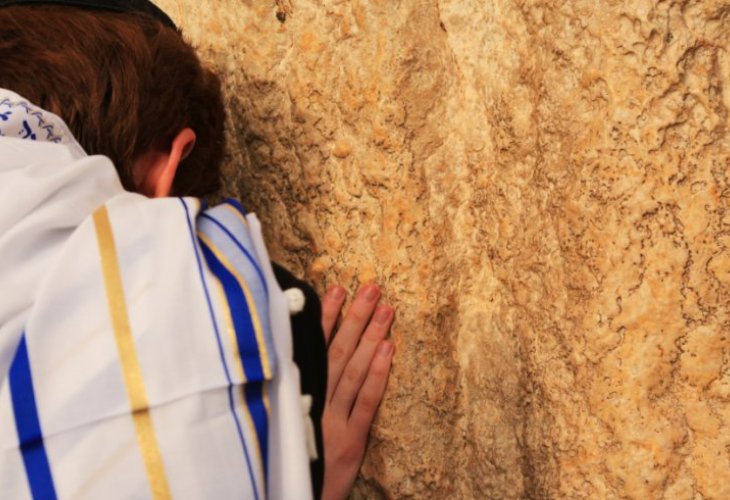Faith
The Power of Preventive Prayer – Why We Should Pray Before Trouble Comes
Why Judaism teaches that heartfelt prayer in times of peace is stronger than prayer in crisis
 (Photo: Shutterstock)
(Photo: Shutterstock)Prayer offered in times of peace and calm is on a higher level than prayer in times of distress. Our sages taught: “A person should always pray before trouble comes.” (Sanhedrin 44b). Praying before hardship can sometimes prevent the hardship altogether. We must therefore make prayer a constant part of life.
The Chofetz Chaim writes in his book Ahavat Chesed: “One must be careful that the fear, pain, and humility a person feels during distress or danger — he should carry himself with the same humility, fear, and submission even when all is peaceful.” (Ahavat Chesed 116).
Rabbi Shimshon Pincus linked this teaching directly to prayer. He asked: Why did the Chofetz Chaim use the word “be careful” to maintain that same inner feeling even in calm times?
The purpose of suffering is to awaken us to prayer which we see with the patriarchs and matriarchs, who remained childless until God desired their heartfelt prayers. Because hardship comes to awaken us, if we can already awaken ourselves to turn to God with that same sincerity before trouble arises, sometimes we can avoid the hardship altogether.
This does not mean that we should live in constant fear, as if trouble is lurking around the corner — fear itself can bring about negativity. Rather, it means recognizing that nothing in life is guaranteed, and we must therefore pray to preserve what we have and for God’s blessing in the future.
Indeed, we hold no “insurance policy” in life. Nothing guarantees that what we enjoy today will remain tomorrow. Our prayers are what keep us connected and protected.
The Shevet Musar writes: “There are those who, before a joyous occasion (such as a family celebration), pray that no evil eye or strict judgment befall their children. This is a proper and worthy custom.”
Preventive Prayer Works Stronger
Prayer said before hardship is more effective than prayer said during it. The Beit Elokim (Sha’ar HaTefillah, ch. 12) writes: “One who prays and precedes prayer to trouble — his prayer is more readily accepted than one who prays only once the trouble has arrived.”
We see a parallel in medicine. Modern medicine invests greatly in preventive care, because it is easier to maintain health than to cure disease. For God, nothing is difficult — He can heal in an instant, but once illness comes, it often requires greater miracles, more prayers, and greater merits.
Preventive prayer is more beloved before God, because it illustrates that its main purpose is closeness to Him. Prayer during crisis often reveals itself primarily as a plea for rescue. While it is true that in times of trouble many Jews strengthen their faith and experience the deepest connection to God — because they feel so clearly that only He can save them, the highest level is when that bond is formed not out of desperation but from a place of calm and blessing.
Not Only in Trouble
There is a difference between sighing (anachah) and mourning (yagon). A sigh comes from a sadness with a cause, while mourning is sadness without a clear reason. In either case, we remember God when we feel pain, emptiness, or despair, but why wait for hardship to turn to God?

